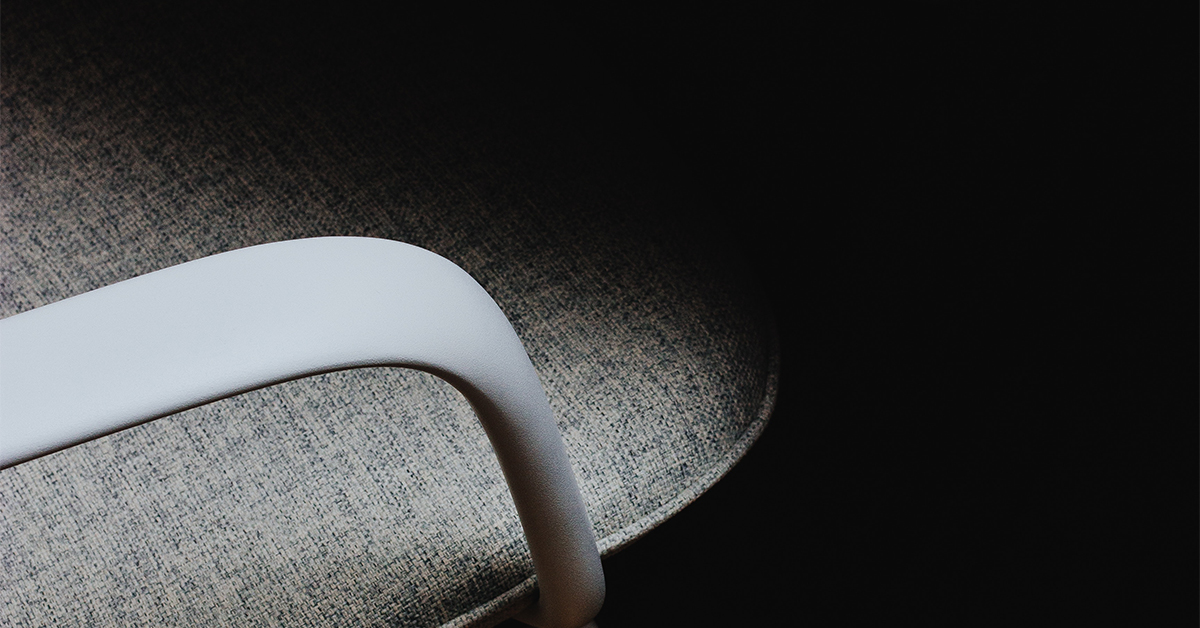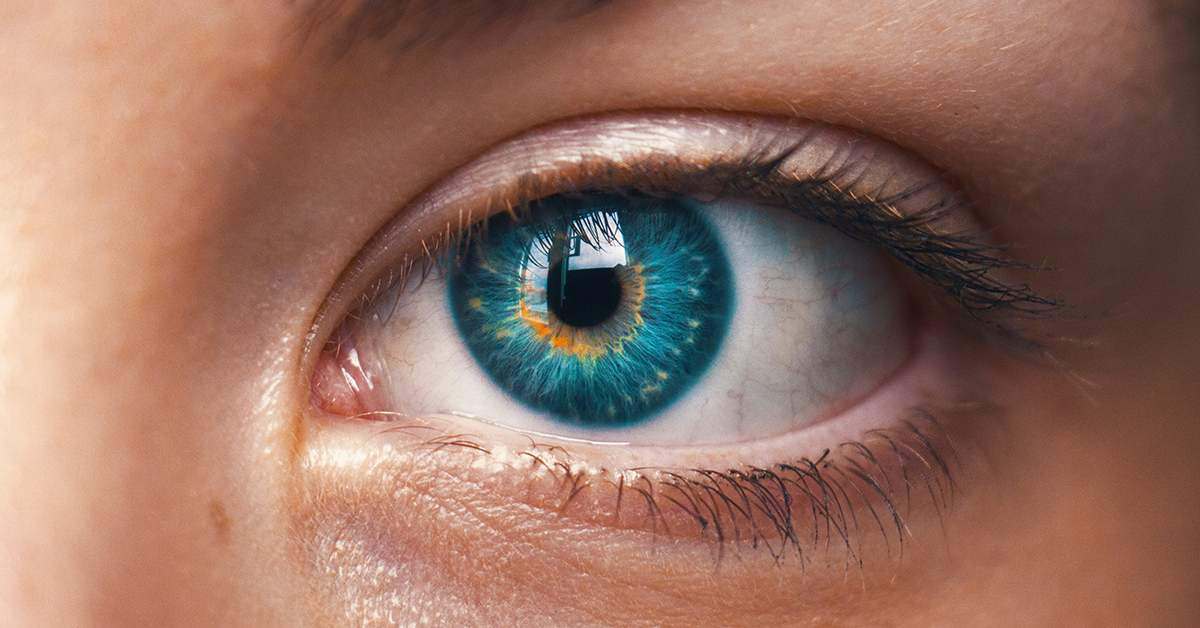
Photo by Nathan Dumlao on Unsplash
The debate about coffee consumption posing health risks may be closer to a definitive answer following a 30-year-long study that ended in favor of the practice. Surprisingly, the rule seems to apply even to decaf drinkers. Grab a cup and read on.
The data gathered for the research was obtained from 167.944 women and 40,557 men as part of three separate surveys, with 19,524 deaths occurring in the female ranks and 12,432 in the opposite camp. Cause of death was obviously a key metric, considering that the research focused on a consumable whose effects on health are regularly called into question. So here’s what they uncovered














